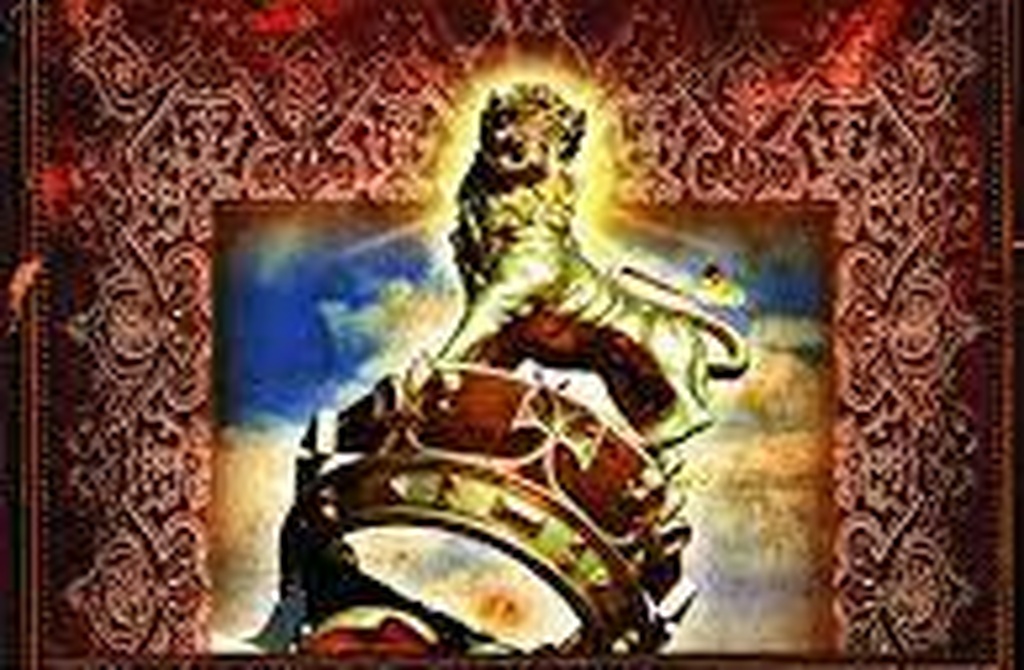
Denying the Right of Non-belief
When the apostle John wrote the gospel that bears his name, he redefined this logos (word in the Authorized Version) as none other than the second person of the Triune God, not an idea or a process, but a person now incarnate in human flesh, Jesus Christ.

- Mark R. Rushdoony
Secular humanism sees itself as the norm, so their critiques of the religious right tend to see it as a movement seeking to reinterpret the world in very narrow terms. Rather, Christian faith seeks to recall men to the reality of God and His word.
This is not a new phenomenon. In the 5th century B.C. the Greek philosopher Heraclitus tried to define the “universal principle” by which all things could be understood. He called it logos, which has been translated as word, law,or reason. This logos was the fundamental principle that governed all things.
When the apostle John wrote the gospel that bears his name, he redefined this logos (word in the Authorized Version) as none other than the second person of the Triune God, not an idea or a process, but a person now incarnate in human flesh, Jesus Christ.
No doubt the Greek thinkers of the day objected to John’s usurping of the philosopher’s language in order to identify Jesus Christ as the One Who governed all things. What John did under inspiration was to deny the right of non-belief to dictate even the language of debate. The first principle, John was saying, was God, now incarnate in Jesus Christ.
John was not re-interpreting reality, but declaring it in terms of the reality of the sovereign God. This is what Chalcedon does. We declare the sovereign Lordship of Christ over every area of life and thought. He is the alpha and omega, the first and the last. He is not only the first principle; He is the only principle which determines all of reality. The purpose of Chalcedon, and the duty of all believers, is to proclaim the totality of the claims of God and His Christ.
The answer to humanism and its statism is Christian faith and liberty. The Chalcedon Foundation is leading in this great mission of Christian education, and we need your support. Click now to donate.

- Mark R. Rushdoony
Mark R. Rushdoony graduated from Los Angeles Baptist College (now The Master’s College) with a B.A. in history in 1975 and was ordained to the ministry in 1995.
He taught junior and senior high classes in history, Bible, civics and economics at a Christian school in Virginia for three years before joining the staff of Chalcedon in 1978. He was the Director of Chalcedon Christian School for 14 years while teaching full time. He also helped tutor all of his children through high school.
In 1998, he became the President of Chalcedon and Ross House Books, and, more recently another publishing arm, Storehouse Press. Chalcedon and its subsidiaries publish many titles plus CDs, mp3s, and an extensive online archive at www.chalcedon.edu. His biography of his father will be published later this year (2024).
He has written scores of articles for Chalcedon’s publications, both the Chalcedon Report and Faith for all of Life. He was a contributing author to The Great Christian Revolution (1991). He has spoken at numerous conferences and churches in the U.S. and abroad.
Mark Rushdoony has lived in Vallecito, California, since 1978. His wife, Darlene, and he have been married since 1976. He has four married children and nine grandchildren.